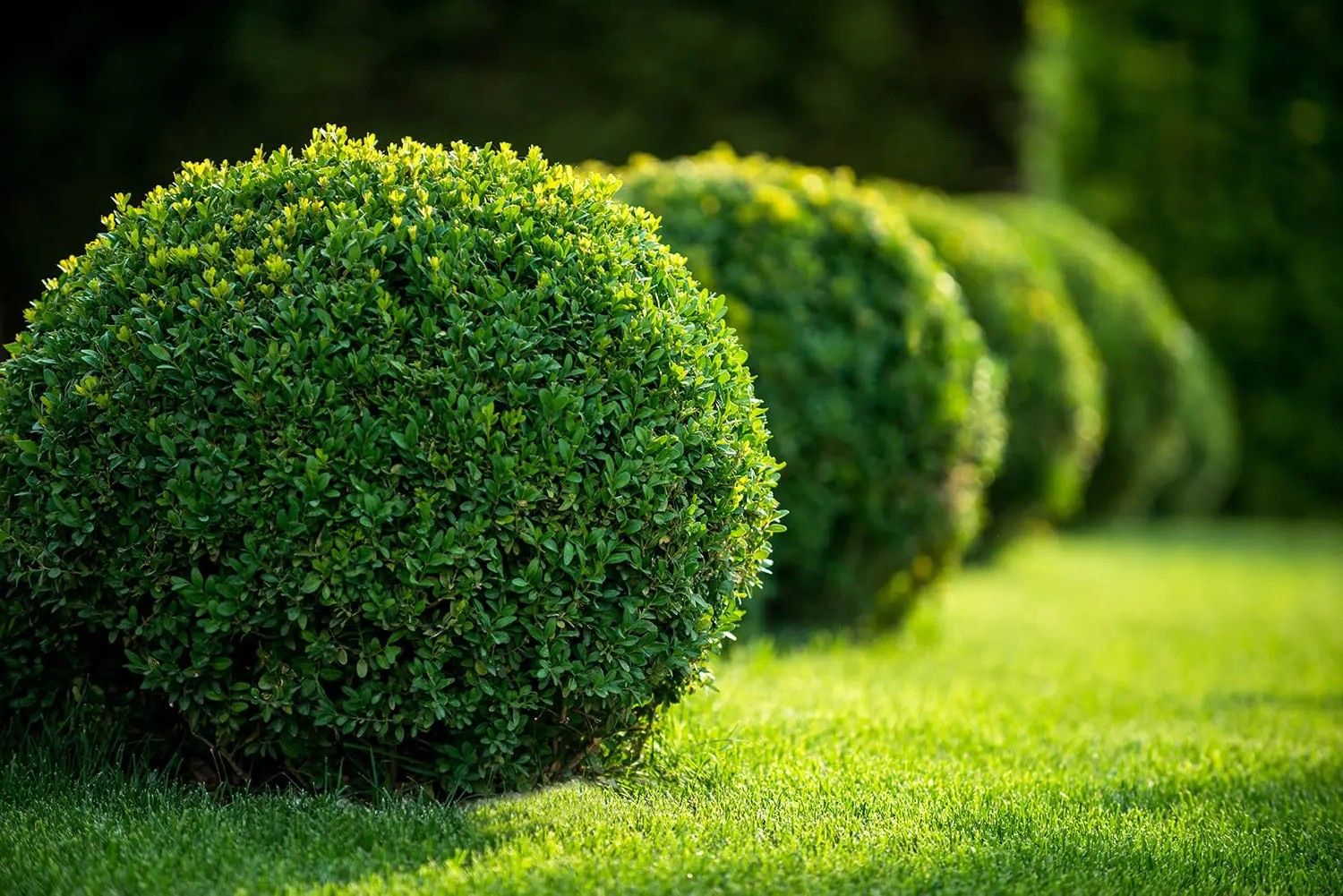
Boxwood shrubs are a gardener's delight, known for their versatility and charm. These evergreen plants have been around for centuries, gracing gardens and landscapes with their lush, green foliage. But what makes them so special? Boxwood is not just a pretty face; it’s a hardy plant that can withstand various climates and conditions. Whether you’re a seasoned gardener or a newbie, understanding the ins and outs of boxwood can help you make the most of this plant. From its historical significance to care tips, here are 31 facts that will make you appreciate boxwood even more.
Boxwood Basics
Boxwood shrubs are a staple in many gardens due to their versatility and classic appeal. These evergreen plants are known for their dense foliage and ability to be shaped into various forms. Let's dive into some fascinating facts about boxwoods.
-
Boxwoods belong to the Buxaceae family, which includes about 70 species of flowering plants.
-
These shrubs are native to Europe, Asia, Africa, and Central America.
-
Boxwoods have been cultivated for over 4,000 years, making them one of the oldest known garden plants.
-
The name "boxwood" comes from the plant's wood, which was historically used to make boxes and small containers.
Growth and Care
Understanding how boxwoods grow and how to care for them can help gardeners maintain healthy, beautiful plants.
-
Boxwoods can grow in a variety of soil types but prefer well-drained soil.
-
They thrive in partial to full sun but can tolerate some shade.
-
These shrubs are relatively slow-growing, adding only a few inches per year.
-
Boxwoods are drought-tolerant once established, making them a low-maintenance option for many gardens.
-
Pruning is essential for maintaining their shape and promoting healthy growth.
Varieties and Uses
Boxwoods come in many varieties, each with unique characteristics. They are also used in various ways in landscaping.
-
The English boxwood (Buxus sempervirens) is one of the most popular varieties, known for its small, dark green leaves.
-
The Japanese boxwood (Buxus microphylla) is another common type, valued for its resistance to pests and diseases.
-
Dwarf boxwoods are perfect for small gardens or container planting.
-
Boxwoods are often used to create hedges, topiaries, and formal garden designs.
-
They can be shaped into intricate designs, making them a favorite for garden mazes and parterres.
Historical Significance
Boxwoods have played a significant role in history, particularly in European gardens.
-
Ancient Egyptians used boxwood for making tools and ornaments.
-
In Roman times, boxwoods were planted in elaborate garden designs and used for hedges.
-
During the Renaissance, boxwoods became a symbol of status and wealth in European gardens.
-
The famous gardens of Versailles feature extensive boxwood parterres and topiaries.
Environmental Impact
Boxwoods are not just pretty plants; they also have an impact on the environment.
-
These shrubs provide habitat and food for various insects and birds.
-
Boxwoods can help reduce soil erosion due to their dense root systems.
-
They are effective at filtering pollutants from the air, contributing to cleaner environments.
Challenges and Pests
Like all plants, boxwoods face certain challenges and pests that gardeners should be aware of.
-
Boxwood blight is a serious fungal disease that can cause significant damage to these shrubs.
-
The boxwood leafminer is a common pest that can cause leaves to yellow and drop.
-
Spider mites can also infest boxwoods, leading to discolored and damaged foliage.
-
Proper spacing and air circulation can help prevent many common boxwood diseases.
Fun Facts
Boxwoods have some quirky and fun aspects that make them even more interesting.
-
Boxwood leaves contain alkaloids that can be toxic if ingested by humans or pets.
-
The wood of boxwood is extremely dense and fine-grained, making it ideal for carving and engraving.
-
Boxwoods have been used in traditional medicine for their supposed anti-inflammatory properties.
-
In folklore, boxwoods were believed to ward off evil spirits and were often planted near homes for protection.
-
The scent of boxwood leaves is often described as slightly unpleasant, resembling cat urine.
-
Despite their slow growth, some boxwoods can live for hundreds of years, with some specimens in Europe believed to be over 600 years old.
Final Thoughts on Boxwood
Boxwood is more than just a pretty plant. It's a versatile, hardy shrub that can transform any garden into a lush, green paradise. With its ability to be shaped into various forms, it’s a favorite for topiary enthusiasts and landscapers alike. Boxwood's resilience to different climates and its low maintenance needs make it an ideal choice for both novice and experienced gardeners. Plus, its evergreen nature ensures your garden stays vibrant year-round. Whether you’re looking to create a formal hedge, a whimsical topiary, or simply add some greenery, boxwood is a fantastic option. Remember to give it the right care—proper watering, occasional pruning, and protection from pests. With these simple steps, your boxwood will thrive, adding beauty and structure to your outdoor space. Happy gardening!
Was this page helpful?
Our commitment to delivering trustworthy and engaging content is at the heart of what we do. Each fact on our site is contributed by real users like you, bringing a wealth of diverse insights and information. To ensure the highest standards of accuracy and reliability, our dedicated editors meticulously review each submission. This process guarantees that the facts we share are not only fascinating but also credible. Trust in our commitment to quality and authenticity as you explore and learn with us.
